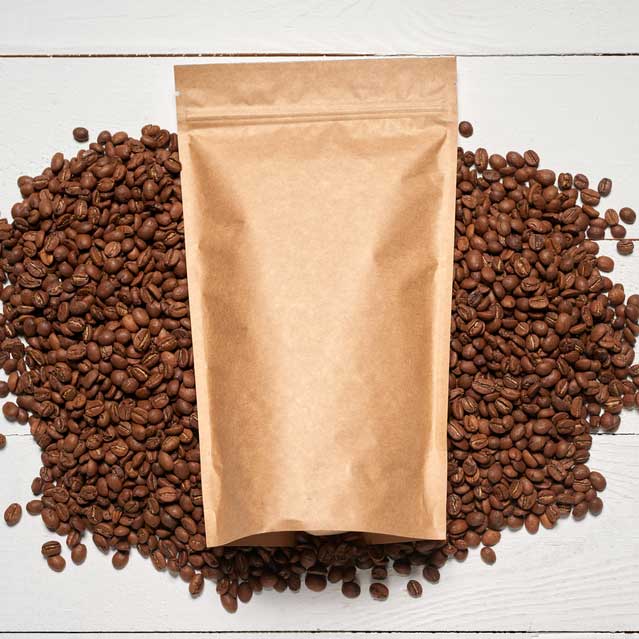Importing Packaging
At Platinum® Freight Management, we are experts at importing packaging. Whether you are importing glass jars for the food products that you are manufacturing or glass grinders for your salt or pepper products, we know how to have these goods shipped, customs cleared and then delivered to your site.
We also offer a wide range of packaging importing options so that you can find the perfect solution for your needs.
Why Choose Platinum® Freight Management To Import YOUR Packaging?
Importing can be a complex process; we offer a range of services to make it easier for you, including advice on customs regulations and import tariffs. So if you’re looking for a hassle-free way to import packaging, look no further than Platinum® Freight Management.
As customs brokers of packaging, our retail customers, both online and those with bricks and mortar stores, rely on us to handle their packaging imports and to have their small and large paper bags and boxes customs cleared and delivered.
We understand the challenges that they face in getting their products through customs and into the hands of their customers in a timely and efficient manner.
In addition, we also know that they need to be able to track their shipments throughout the process to maintain customer satisfaction. As a result, we have developed a comprehensive system that enables us to handle all aspects of our retail customers’ packaging import needs.

Types of Packaging that our customers import
At Platinum® Freight Management, we can help you import the following types of packaging:
- plastic packaging & containers
- cardboard packaging
- paper packaging
- paper bags
- glass jars
- glass bottles
- glass grinders
- aluminium–plastic sheet packaging
Plastic Packaging
Plastic packaging is one of the most versatile and commonly used forms of packaging today. Plastic packaging comes in various shapes, sizes, and colours and can be used for various products.
Cardboard packaging
Cardboard packaging is an essential part of the modern supply chain. It helps to protect products during transportation and storage, and it can be easily customised to fit the specific needs of each product.
Paper packaging
Paper packaging has many benefits that make it the ideal material for various applications. It is lightweight, strong, and durable, perfect for packaging products of all sizes. Paper packaging is also recyclable, making it a sustainable option for businesses and consumers alike.
Glass packaging
Glass packaging has a number of benefits that make it ideal for food and beverage products. It’s impermeable, meaning that it won’t allow oxygen or other gases to pass through. This is important for keeping food fresh and preventing spoilage. Additionally, the glass is smooth and clear, making it easy to see the product inside. It’s also recyclable and can be reused many times over.
Aluminium–plastic sheet packaging
Aluminium–plastic sheet packaging offers many benefits that make it an ideal choice for food packaging. It’s highly durable and resistant to punctures and tears, ideal for protecting food from damage. This packaging is also lightweight and easy to transport, making it convenient for producers and consumers.
Contact Platinum® Freight Management Today!
If you are in the market to import packaging, contact us today. We have over two decades of experience shipping and customs clearing these products. Let our team help take the hassle out of getting your product imported so that you can focus on what you do best – making great products!
Frequently Asked Questions About Importing Packaging
How do I import a product into Australia?
The first step is to find your supplier overseas who is able to produce your
packaging. Then ask your supplier for a pro-forma invoice which will list the cost to
purchase the goods and to transport the goods to Australia. Once you have this
pro-forma invoice, this is the best time to reach out to us so that we can provide
you with a projective costing for all of the Australian fees and charges.
Do you need a license to import goods into Australia?
You don’t need a license as such but you will need an Australian customs broker to process your shipment through the Australian Border Force [ABF] and the
Department of Agriculture, Water and the Environment [AWE].
You can either choose to import under your personal name or under your Australian Business Number [ABN]; either way is fine and all of the fees and charges are the same.
What do you need to import products?
The three [3] keys to a successful import is 1) you, 2) a reliable supplier and 3) a
customs broker who understands your project.

